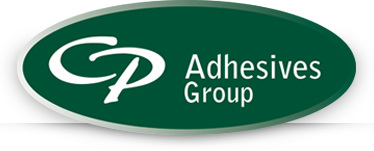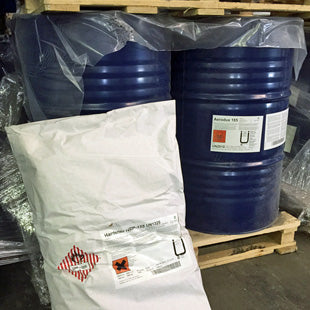Credit Card Scams...Beware
Written by Jeff Pitcher
 Shortly before The ASWFS Fair, I received an email from a WMMA member that a colleague had just been ripped off by a credit card scam. While visiting with members at The AWFS Fair I found that other members had similar experiences --- luckily, they were not out a dime.
Shortly before The ASWFS Fair, I received an email from a WMMA member that a colleague had just been ripped off by a credit card scam. While visiting with members at The AWFS Fair I found that other members had similar experiences --- luckily, they were not out a dime.
The following article is adopted from one prepared by Jeff Pitcher, CP Adhesives, and member of the International Business Development Committee. It deals with international credit card scams and how you can arm yourself against this unfortunate trend. The original article was published in the WMMA Export Manual in the spring of 2006.
Today more and more manufacturers are accepting credit cards. After all, they make it easier to do business. Smaller purchases are accomplished quickly and easily and the seller receives their money in a more timely fashion aiding cash flow. Unfortunately, there is a downside to accepting credit cards. Most businesses are unaware that many credit card transactions are far from secure. It is this fact that has caused an explosion in credit card scams.
It’s a popular misconception that if a business is given an authorization number it’s a guarantee that the card is good and they will be paid. This is far from accurate especially if a business accepts credit cards over the phone or the internet. The authorization number simply indicates that the card is in good standing at the time of the transaction. Today, there are thousands of valid credit card numbers in circulation that can be used but will never be honored.
The latest and most prevalent scam starts when the victim receives an “urgent” e-mail requesting pricing on items they have for sale on the internet. In many cases the “buyer” wants to purchase a large quantity. A Visa or MasterCard is offered for immediate payment. A seemingly valid credit card is used for payment and the seller ships the order quickly, as directed by the buyer. However, maybe a couple of weeks to a month later the charge is rejected by the card issuer with the excuse that the card holder did not authorize its use. In two cases I came across, the card holder called up the WMMA member and asked “Who are you and why are you charging my account for these products I didn’t order?” The seller has no recourse --- he did not receive a signature and approved the order on the basis of a valid card.
Many of these scams seem to originate for some strange reason in Singapore and in and around Western Africa including Nigeria, Ghana and the Ivory Coast. However, they are not limited to these areas and can originate from anywhere in the world.
There are a number of ways to protect your business from these scams while still accepting credit cards.
- Whenever possible the physical card should be used and a signature should be received.
- If the above is not possible Visa suggests using the “phone-in” button on your merchant terminal. This will prompt the merchant for some security questions including the customer’s billing address and CVV code. If this is returned as a “match” then the merchant is protected. If it is not returned as a match and the card is processed anyway there is a chance the merchant will be held liable if there is a chargeback.
- Request that the buyer fax or email a scanned copy of the credit card along with a photo Identification with the card members’ name and address that matches to the credit card and shipping address. However, accepting a faxed copy of the card will not assure its validity.
- Another option is to use a service such a PayPal which can alleviate some of the risk involved. It will cost extra but may be worth it.
- Finally, there are additional software packages for use specifically on the internet that can help avoid fraudulent cards.
For more information on this subject contact Merchant Services at 800-928-2583.
- Choosing a selection results in a full page refresh.
- Press the space key then arrow keys to make a selection.













